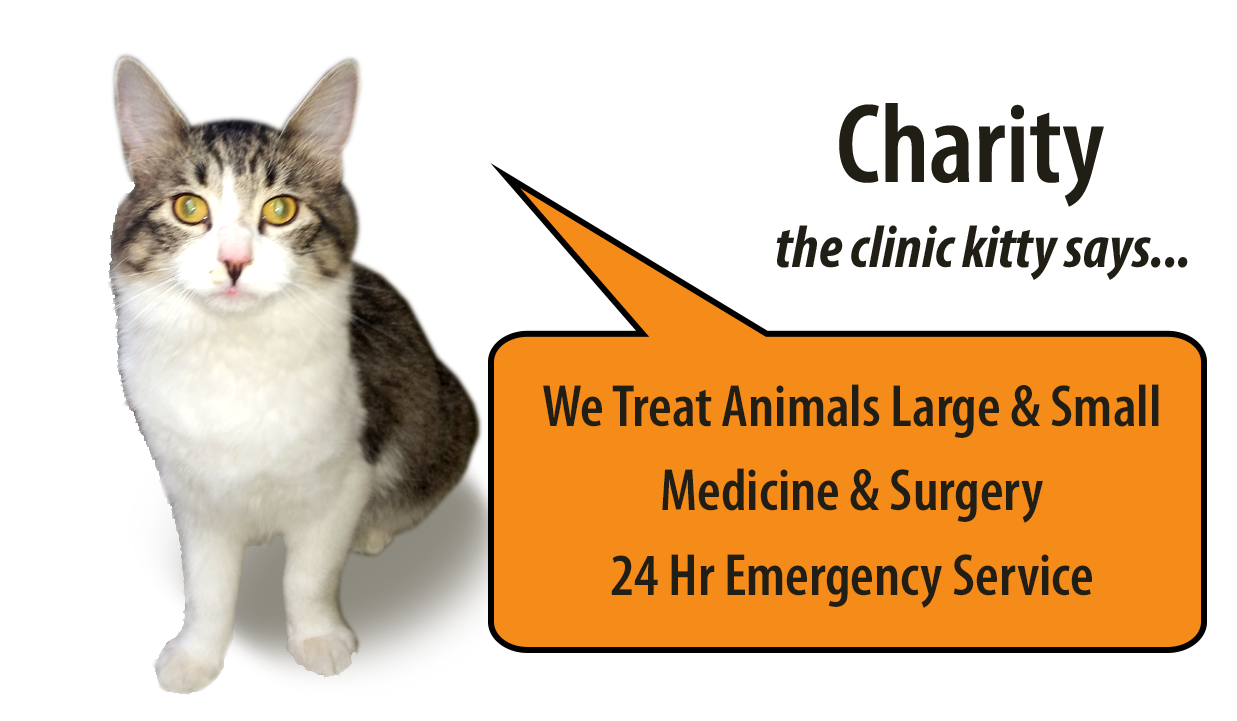
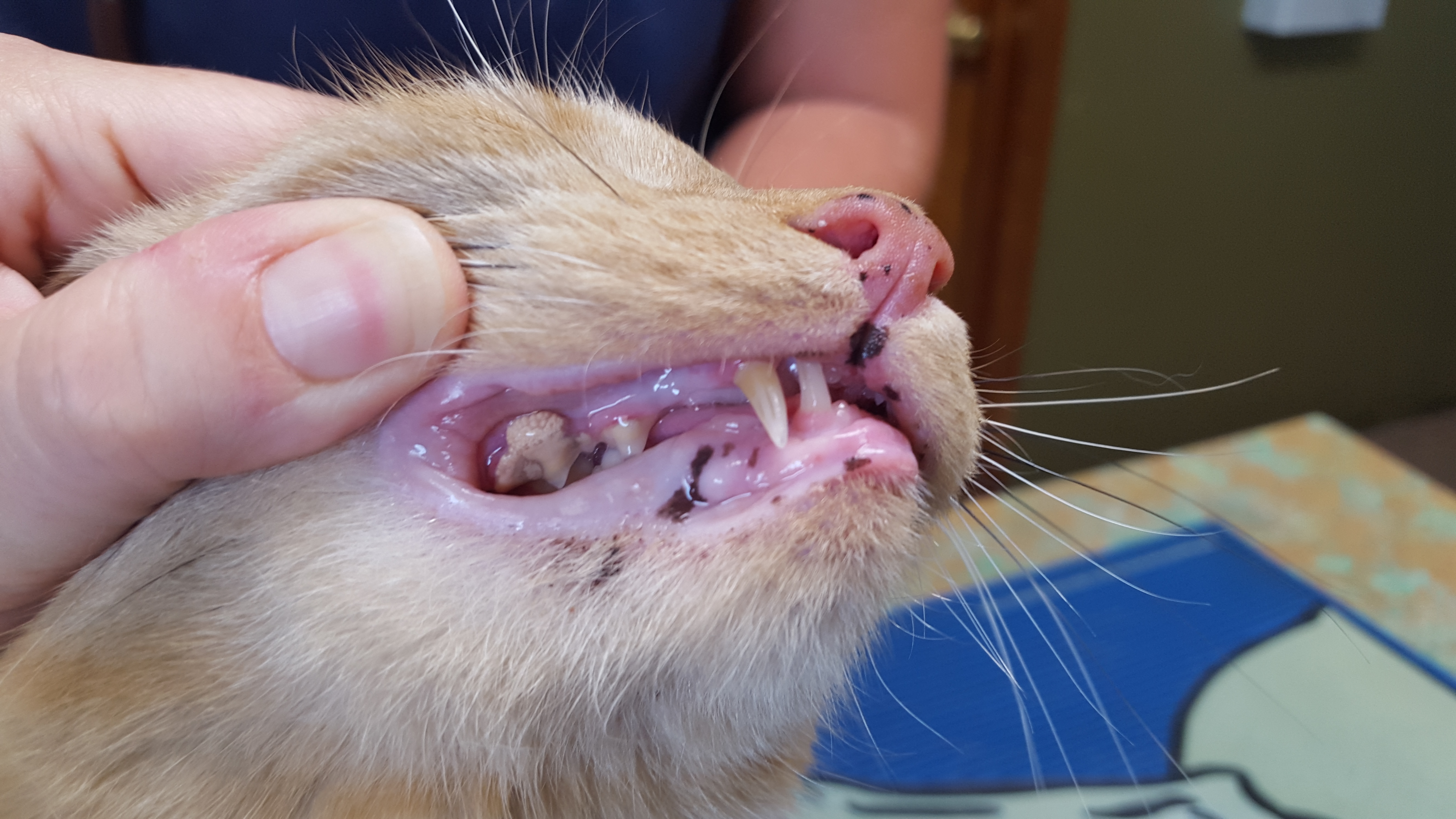
You're a responsible pet owner - but do you keep a careful eye on your special companion's dental health? Pets can be burdened by dental problems and diseases just like humans.
Dental disease can be painful, inhibit proper nutrition, and lead to other serious systemic issues that may threaten your pet's overall health before symptoms are even noticeable. Regular dental check-ups at Heartland Animal Hospital, combined with good dental hygiene at home, can increase your pet's health, vitality, and well-being and help ensure the furry member of your family leads the best life possible.
Drs. Cuddihhee and St. Clair and their staff believe the foundation of good dental care begins with a complete oral exam, followed by a thorough cleaning designed to remove plaque and slow its buildup.
At our veterinary hospital, we provide dental care which includes:
If we find any evidence of gum or tooth erosion, gingivitis, or excessive plaque buildup, we will discuss this with you and recommend treatment options for your pet.

By ensuring your pet receives annual dental exams, you can prevent serious dental problems from developing. In between visits to your veterinarian at Heartland Animal Hospital, check your pet's teeth regularly for signs of problems. Brushing your pet's teeth is the single most important procedure you can do to maintain good oral health. Brushing can dramatically decrease the incidence of gingivitis and can increase the interval between teeth cleaning appointments if done regularly.
If you are unsure of how to brush your pet's teeth, please ask a staff member for instructions. We are happy to help!
Symptoms of dental disease include:
For the last 20 years, Dr. Patti has provided outstanding care to our many animals- dogs, cats, horses.
The compassion shown to both our animals and their “people” by Dr. Patti and her staff has never been matched by other vets who I have had contact with around the country. Not only have they given my pets routine care, but have been by our side when those difficult decisions about future care must and should be made.
Without any hesitation, I would recommend Dr. Patti and the staff at Heartland Animal Hospital to take care of your “4 legged family members”.
Mary Jensen, "Beaumont", "Bailey", "Baxter", and "Boots"
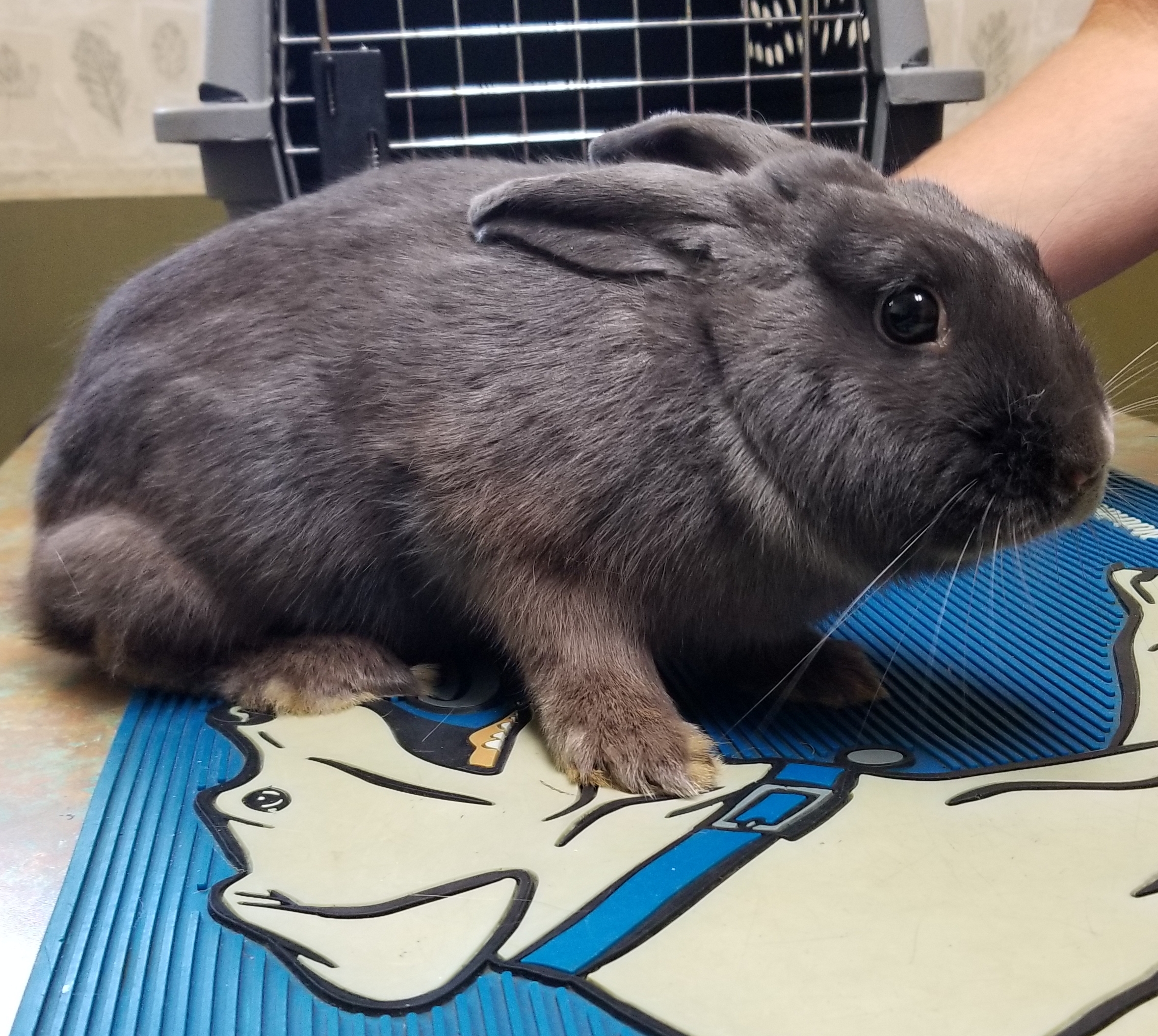
.jpg)
.jpg)
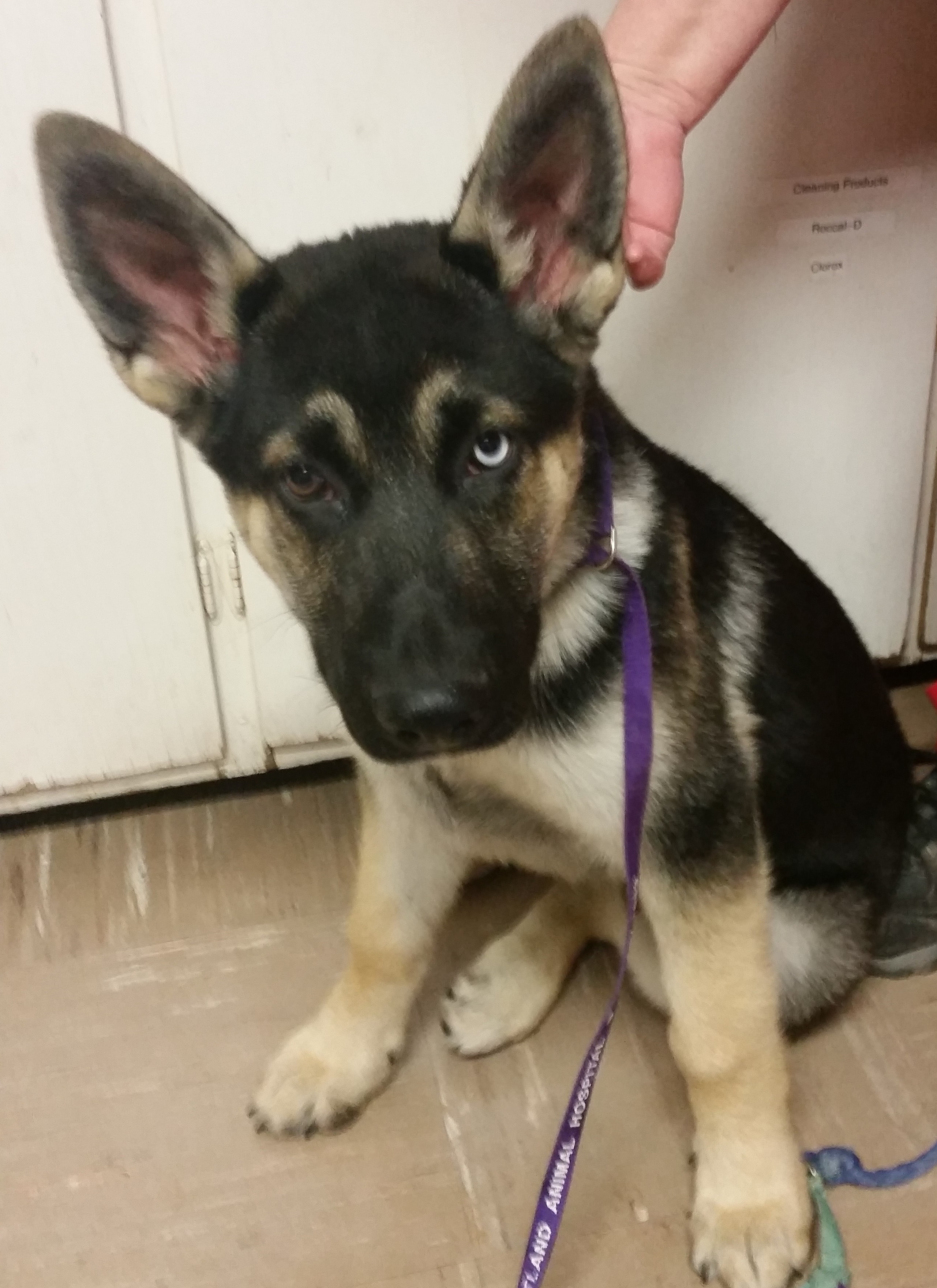
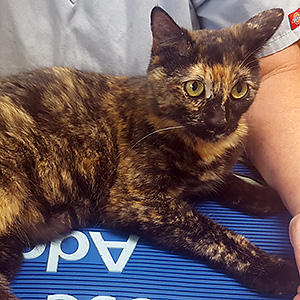
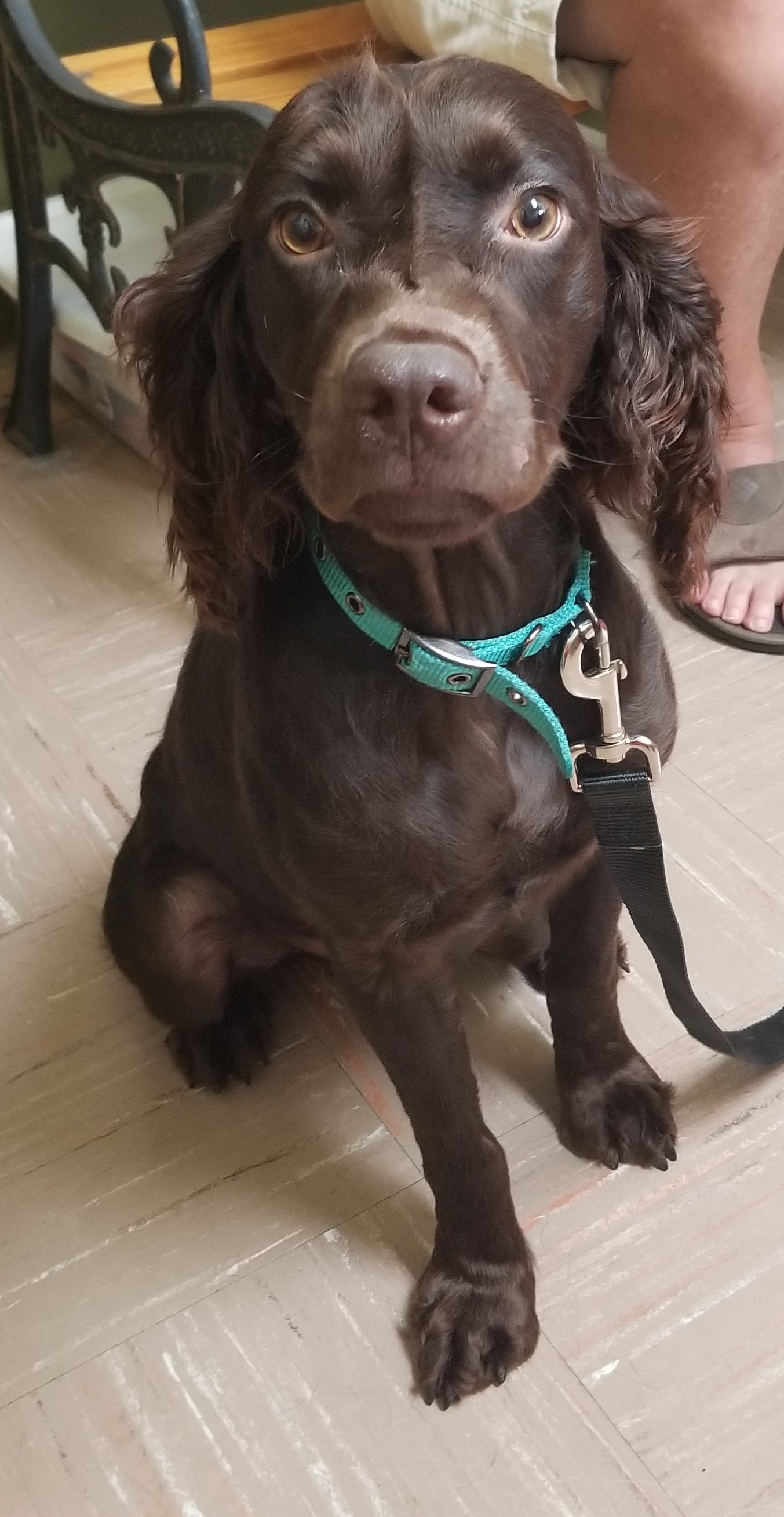
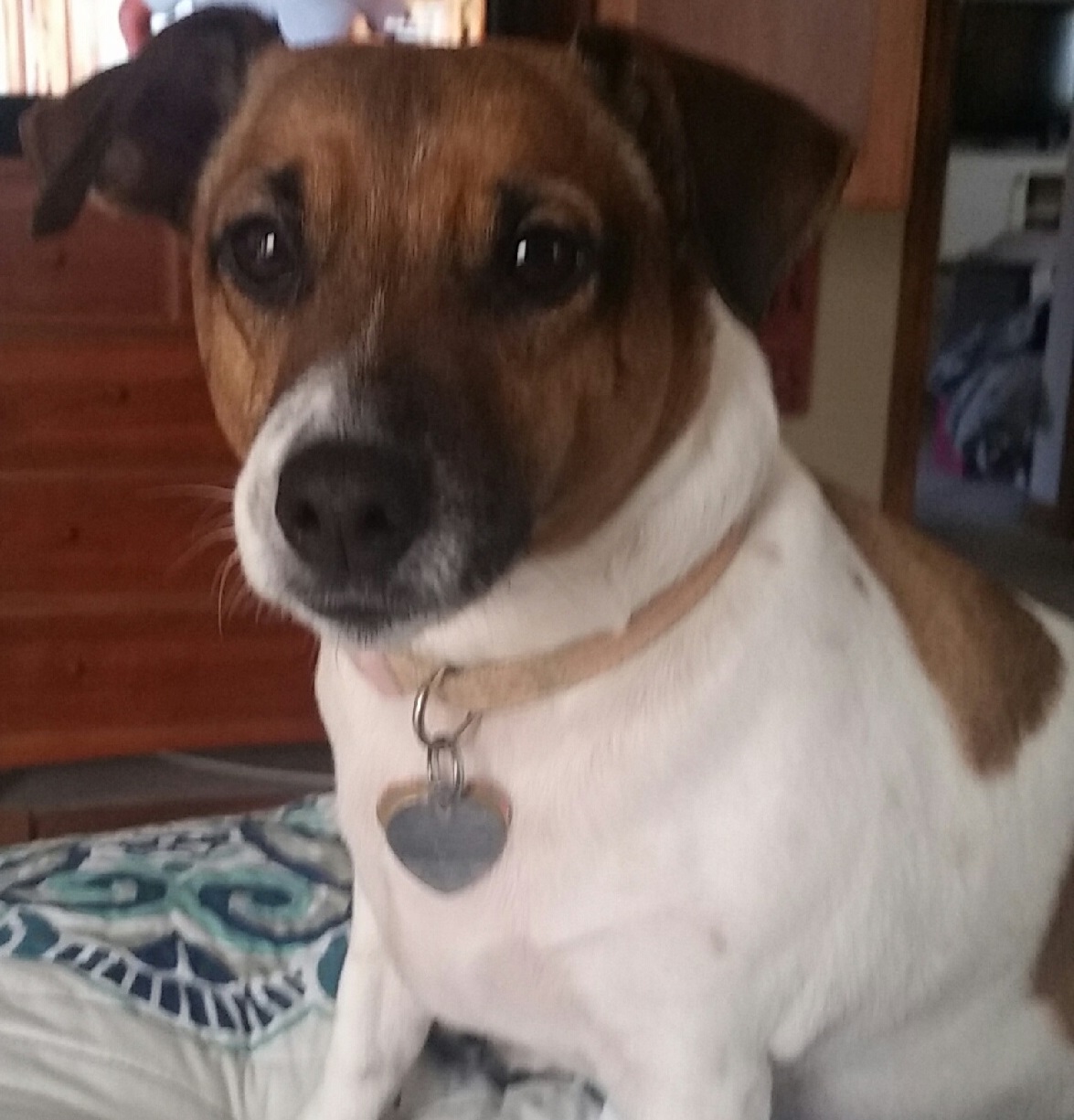
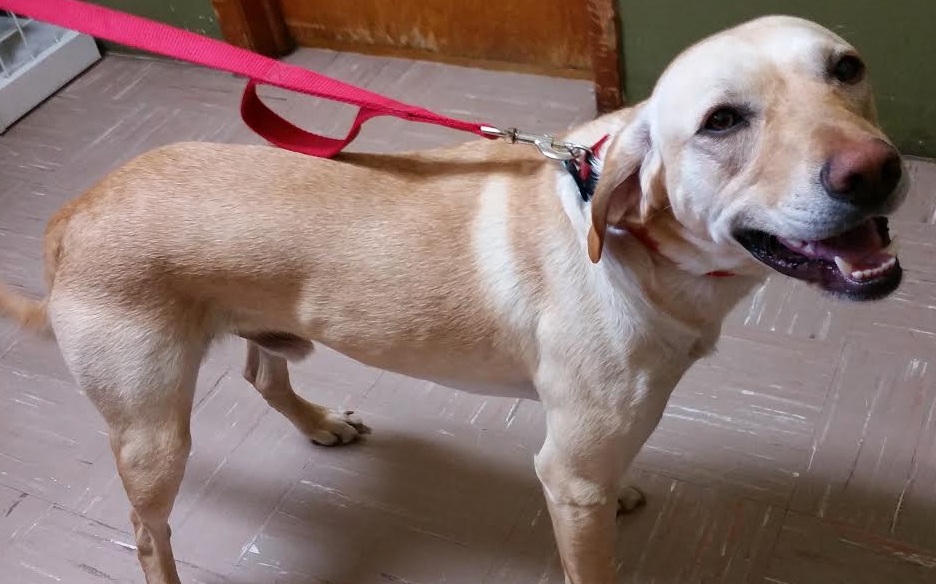

©2025 Heartland Animal Hospital, LLC | All Rights Reserved | Site Map | Web Design by Headline / FBS
